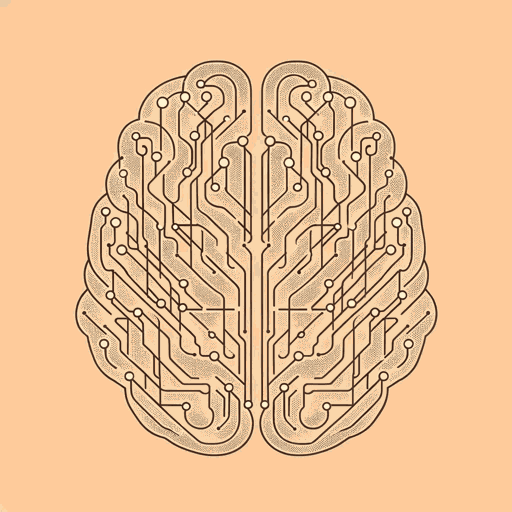48 pages • 1 hour read
Nicholas CarrThe Shallows: What the Internet Is Doing to Our Brains
Nonfiction | Book | Adult | Published in 2010A modern alternative to SparkNotes and CliffsNotes, SuperSummary offers high-quality Study Guides with detailed chapter summaries and analysis of major themes, characters, and more.
Important Quotes
“Our focus on a medium’s content can blind us to these deep effects. We’re too busy being dazzled or disturbed by the programming to notice what’s going on inside our heads. In the end, we come to pretend that the technology itself doesn’t matter. It’s how we use it that matters, we tell ourselves. The implication, comforting in its hubris, is that we’re in control.”
(Prologue, Page 3)
As part of his opening, Carr uses diction associated with a magic trick or a performance—“dazzle” or “disturb”—to characterize himself and his reader as victims of the Internet’s effects rather than complicit participants. This image not only creates a connection between Carr and the reader but also demonstrates Carr’s attitude toward his audience. Carr positions his audience as people who, when presented with scientific evidence, will awaken to the way the Internet has shaped them and will change their behavior.
“I used to find it easy to immerse myself in a book or a lengthy article. My mind would get caught up in the twists of the narrative or the turns of the argument, and I’d spend hours strolling through long stretches of prose. That’s rarely the case anymore. Now my concertation starts to drift after a page or two. I get fidgety, lose the thread, begin looking for something else to do.”
(Chapter 1, Page 5)
In this passage, Carr describes the personal experience that led him to write the original Atlantic article that this book is based on. The syntax of this passage mirrors its content: as Carr describes reading a book, he writes in a long, complex sentence, but when he pivots to describing his current reading habits, he writes in short, sudden sentences. In the context of the larger argument, this passage continues building the emotional connection between Carr and the reader by describing a common experience.
Featured Collections
Books & Literature
View Collection
Common Reads: Freshman Year Reading
View Collection
Memory
View Collection
New York Times Best Sellers
View Collection
Philosophy, Logic, & Ethics
View Collection
Popular Study Guides
View Collection
Pulitzer Prize Fiction Awardees &...
View Collection
Science & Nature
View Collection
Sociology
View Collection
The Future
View Collection


